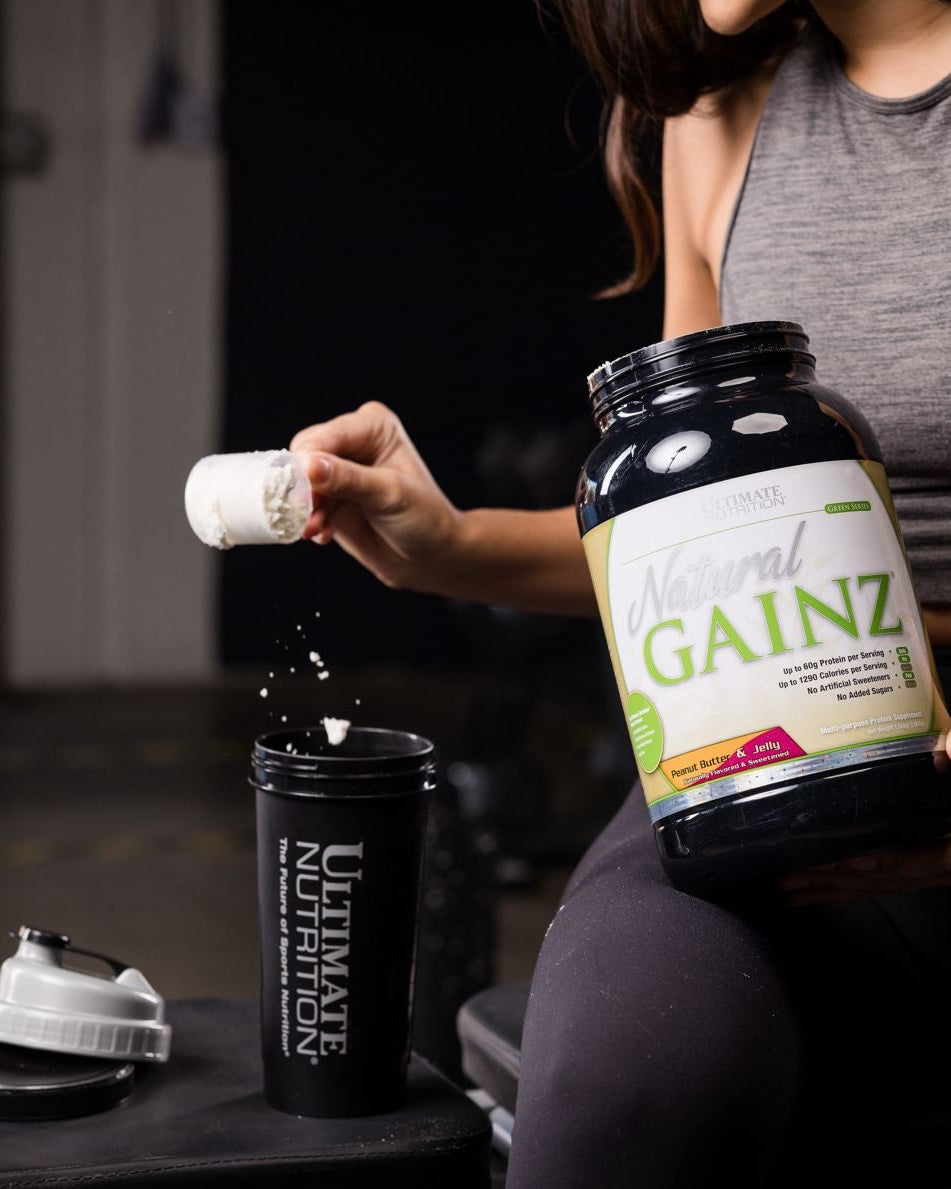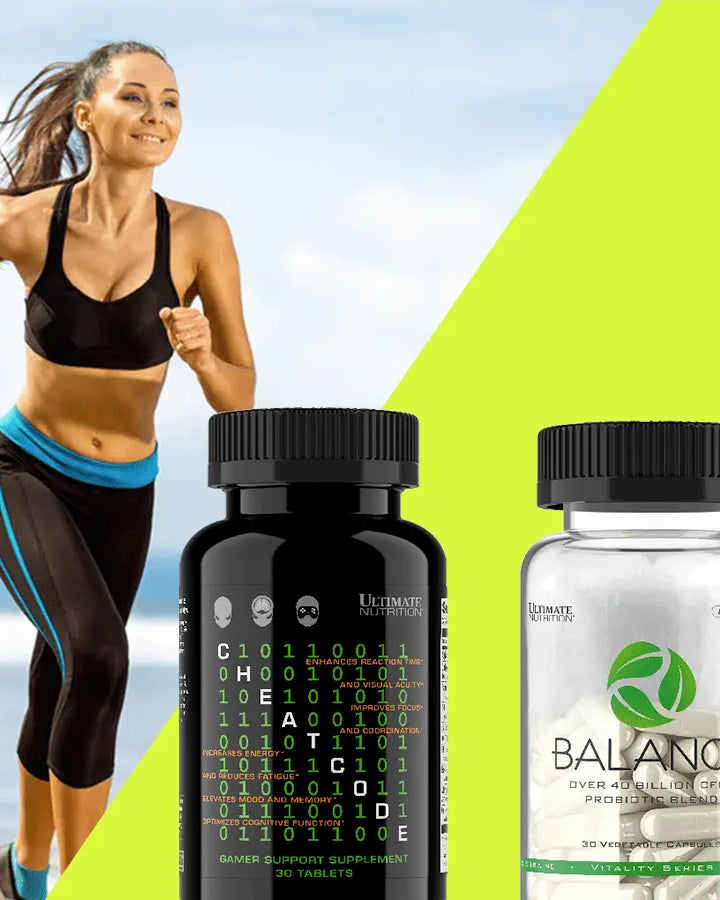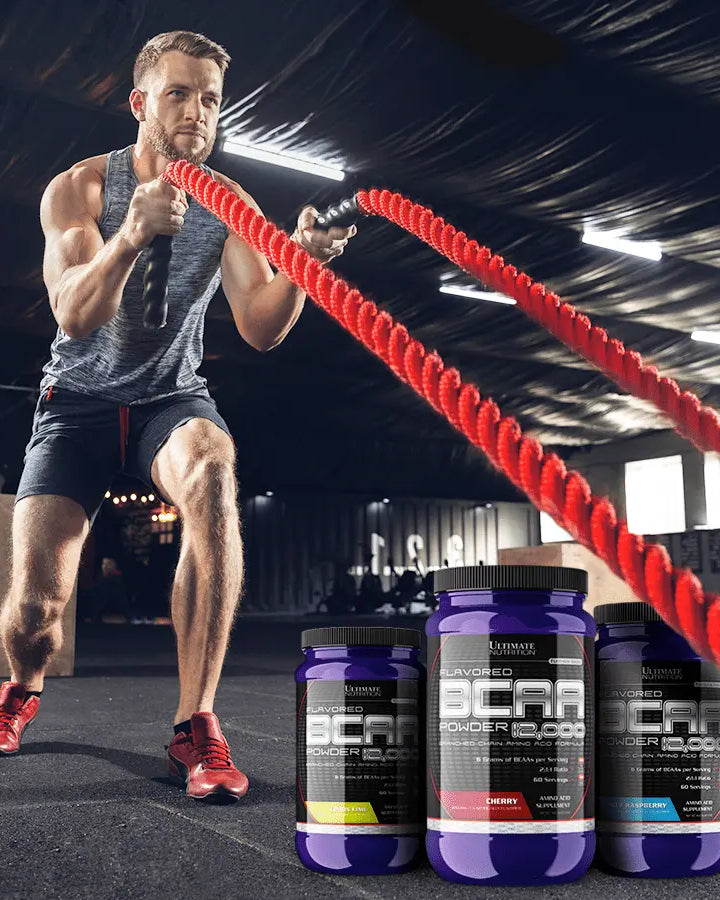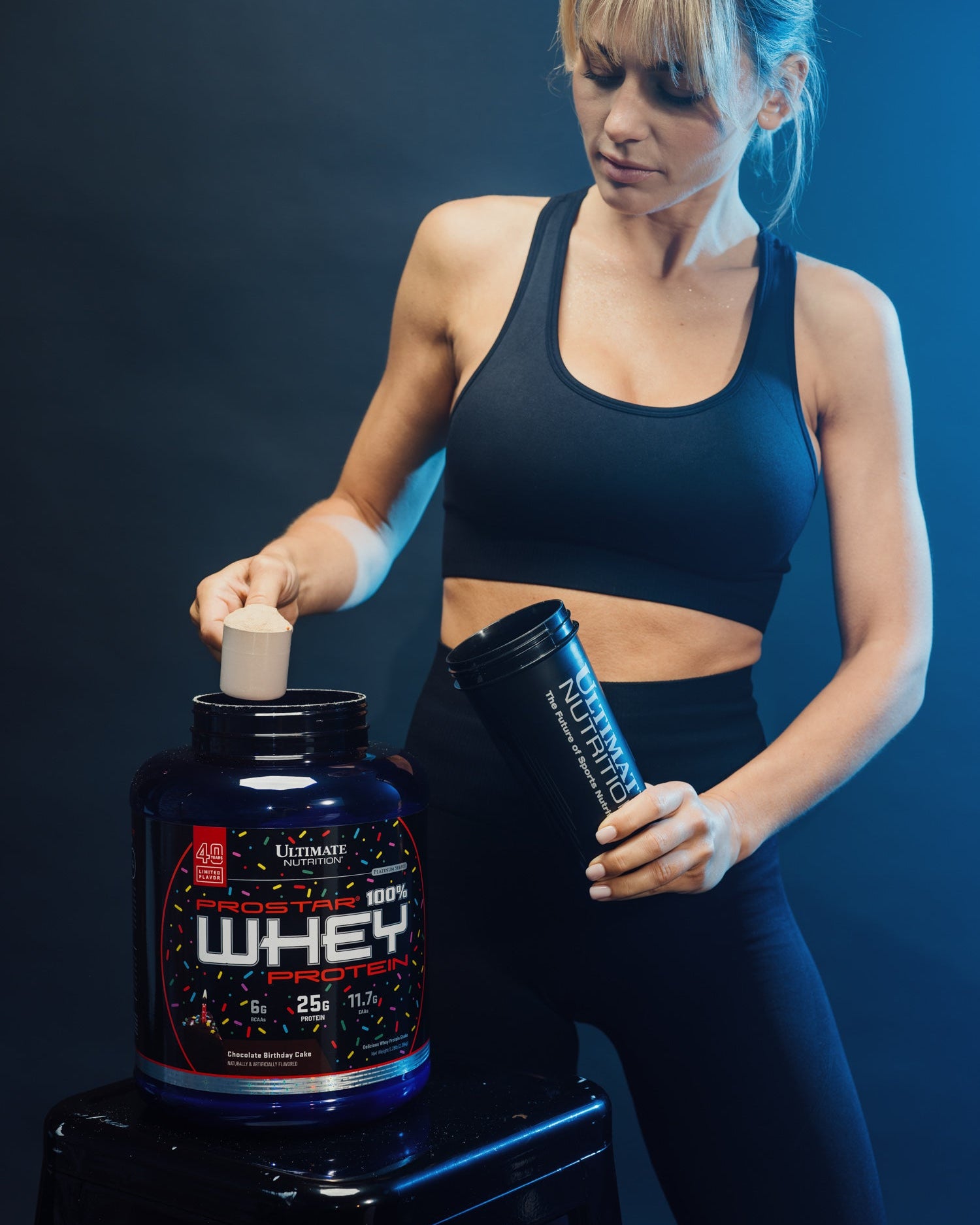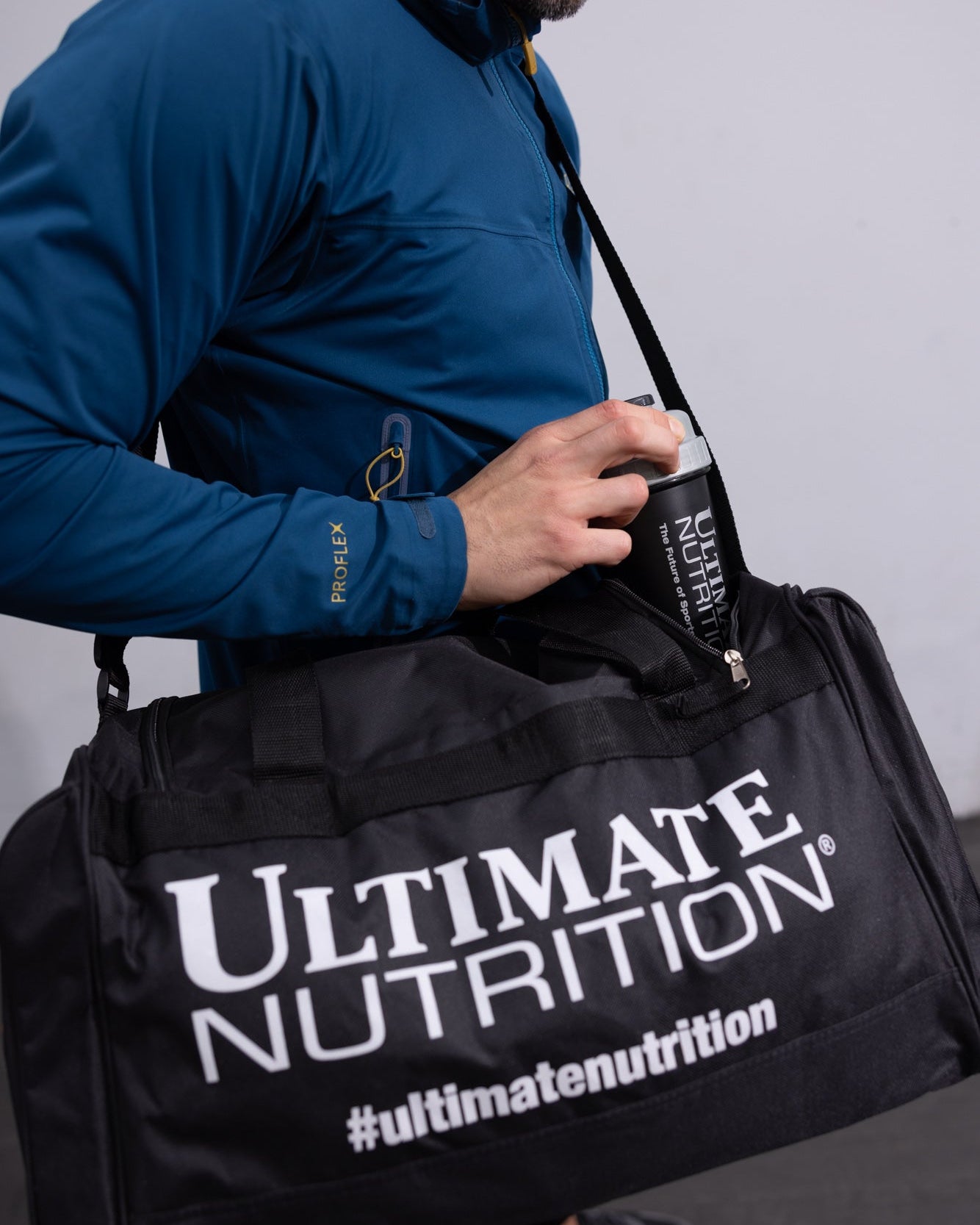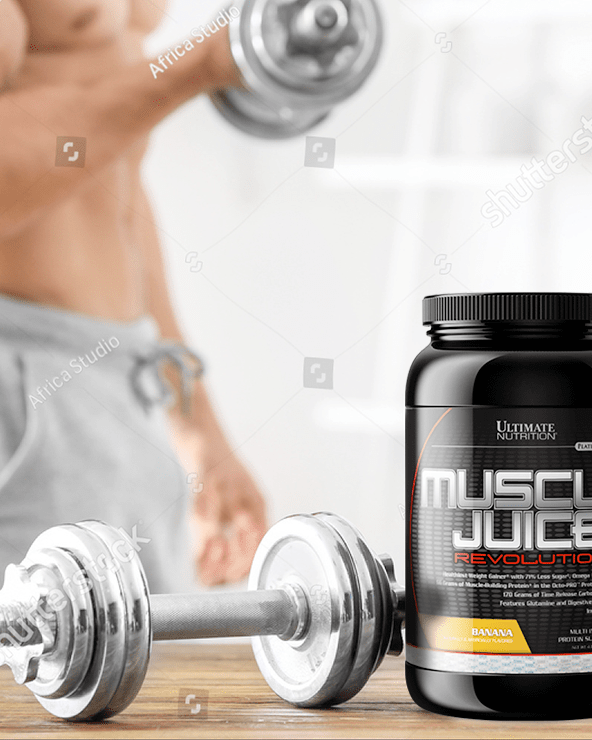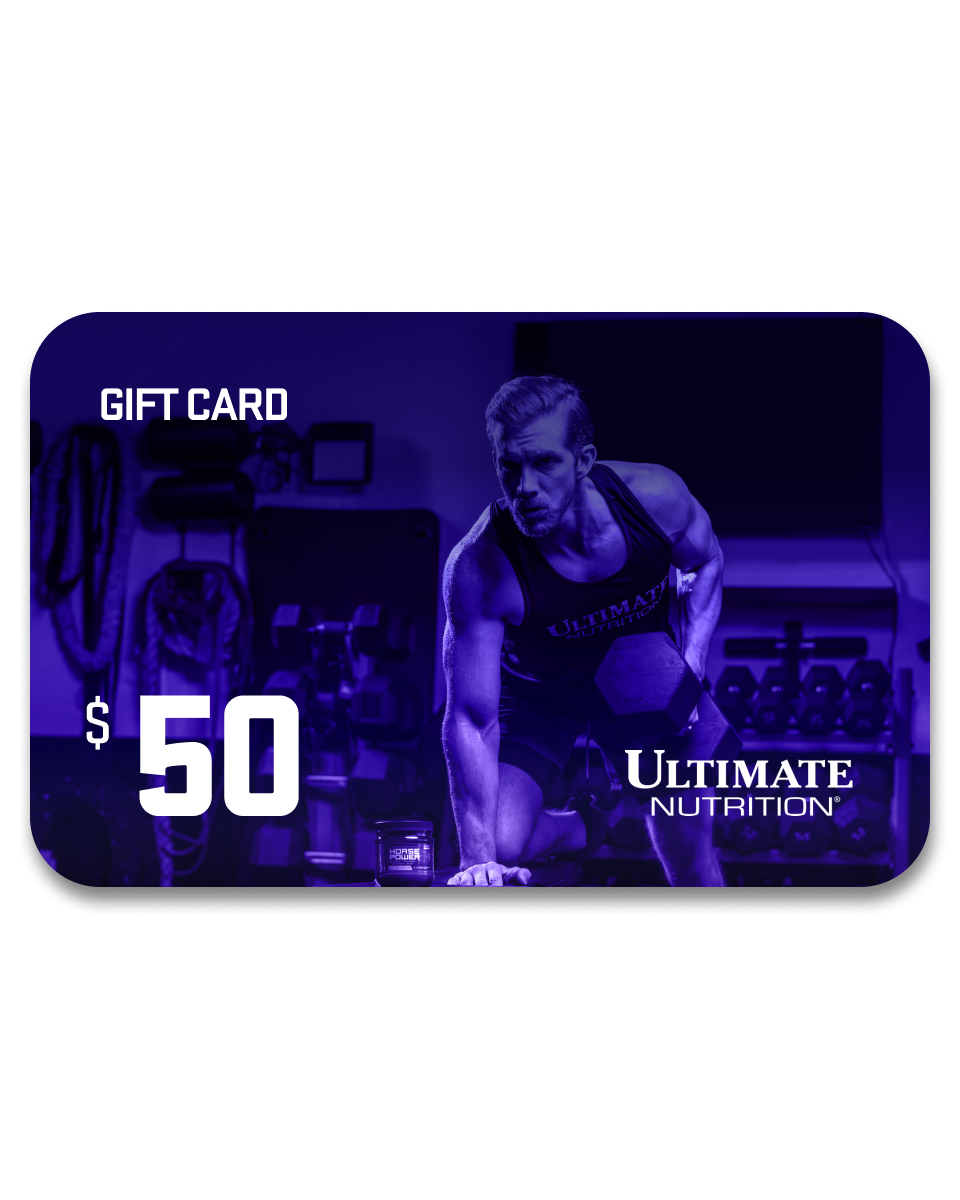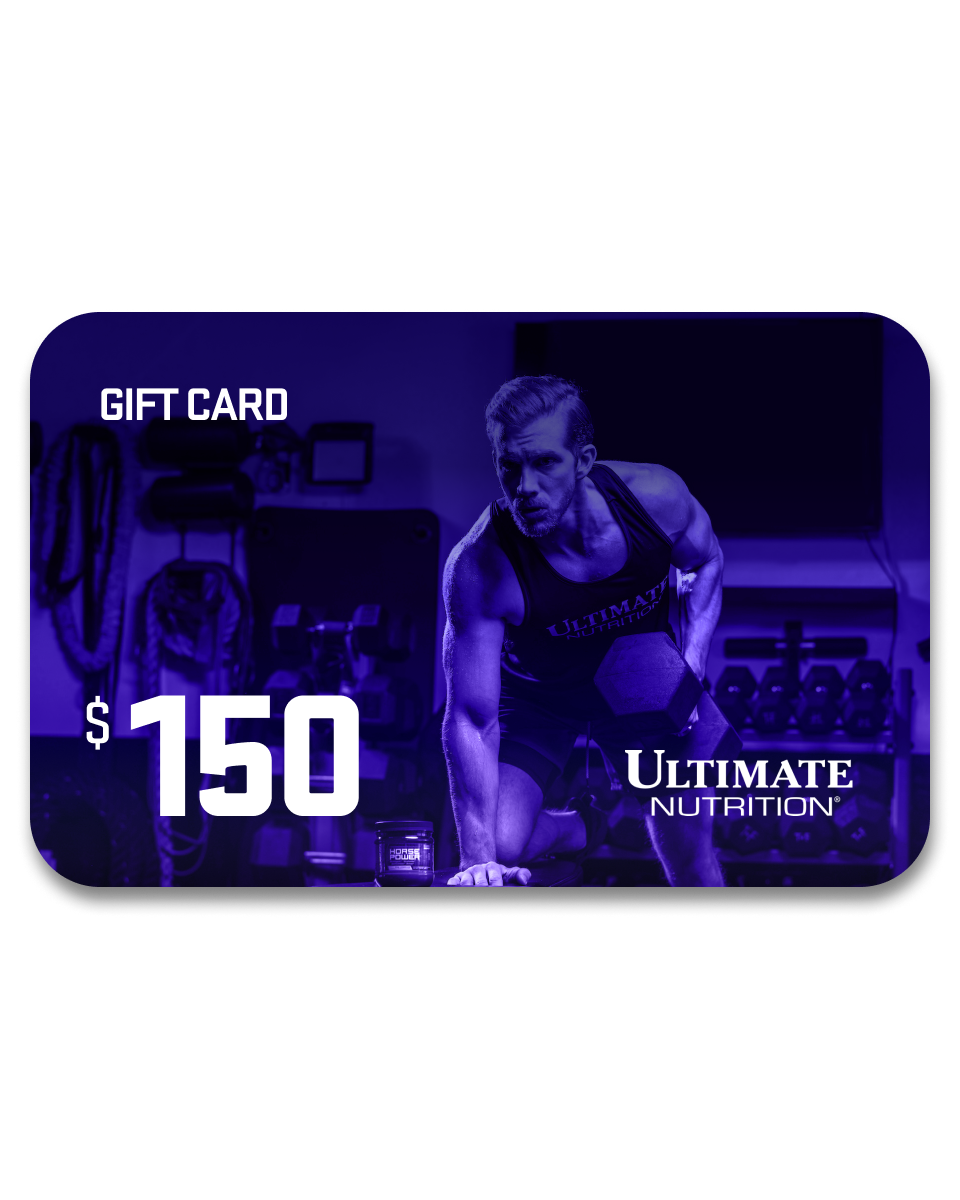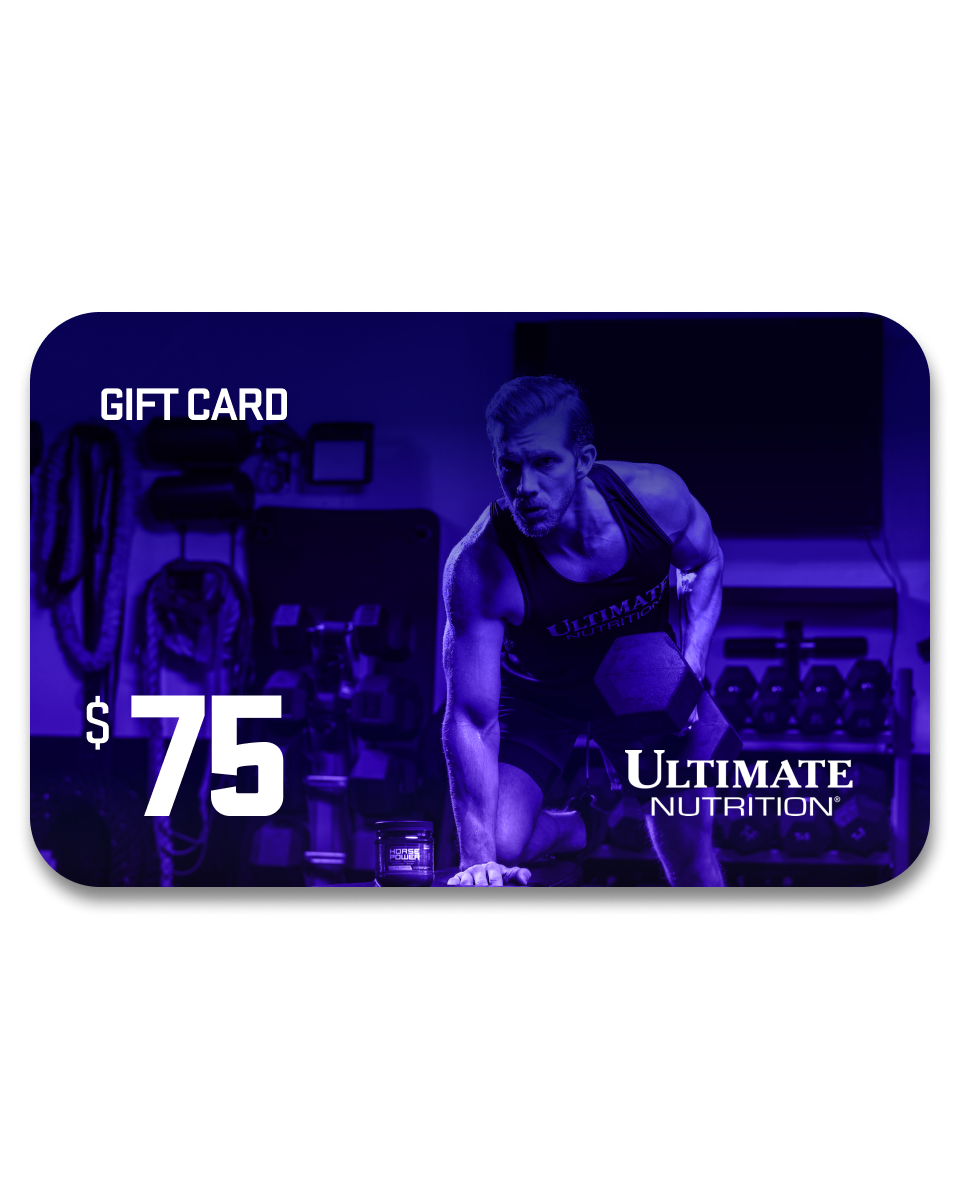We’ve all had a celebratory drink or two after a major win or during the big game, that’s part of life! But have you ever wondered how alcohol affects your gains? In general, consuming five or more alcoholic drinks in one night can negatively impact things like hand eye coordination, which can have consequences for your training in the long run.
This doesn’t mean you should never drink alcohol again, that’s not realistic. It’s all about finding balance and moderating intake around your training days.
Let’s dive into the specifics of consuming alcohol pre and post workout, so you can adjust according to your fitness goals.

The Effects of Drinking on Fitness
The first thing to keep in mind is that alcohol will affect everyone differently, as tolerance levels are unique. It’s also important to keep in mind that not all alcoholic beverages are created equally, as some studies show drinks like red wine may have a positive impact on the cardiovascular system.
But overall, alcohol has been shown time and time again to negatively affect your hard work in the weight room. Here’s how:
Alcohol Impairs Muscle Building
Not only does excessive alcohol consumption increase your likelihood of injury, but it also impedes muscle growth. Long-term alcohol decreases muscle protein synthesis, resulting in significantly decreased muscle growth.
Just one night of heavy drinking can have a negative impact on athletic performance for a whopping 72 hours.
Alcohol and Muscle Recovery
Quality rest is essential for building muscle and improving overall performance. However, drinking too much greatly impacts sleep patterns, robbing your body of an essential chemical known as human growth hormone (HGH).
HGH plays a crucial role in building and repairing muscles, but alcohol can reduce the production of this chemical by up to 70%. Additionally, binge drinking can reduce serum testosterone levels. Reduced testosterone is associated with a decrease in lean muscle mass and muscle recovery, wrecking your post exercise game.
Alcohol Dehydrates the Body
Alcohol is a powerful diuretic, causing excessive urination. This can cause dehydration and electrolyte imbalances. Plus, it leaves the athlete at risk of cramps, muscle pulls, and muscle strains.
Ultimate Tip: check out our article on the best Hydration Strategies for Performance and Recovery.
Alcohol Drains Energy
Alcohol is absorbed through your stomach and small intestine before moving into your cells, which can disrupt the balance of water in your body. This imbalance can hamper your muscle cells’ ability to produce adenosine triphospate (ATP); the essential fuel for cells. A reduction in ATP can result in a lack of energy and loss of endurance.
Alcohol Slows Reaction Time
Last but not least, even the smallest amount of alcohol can slow reaction time and decrease hand eye coordination. Not only can this greatly impair performance, it can also increase your risk of injury.
Now that we’ve addressed alcohol’s impact on muscle growth and recovery, let’s look further into how alcohol affects your nutrition.

Alcohol’s Impact on Your Nutrition
We often think in terms of macros when it comes to complete nutrition - protein, carbs, healthy fats, etc. In general, alcohol contains around seven calories per gram, but unlike calories from food we eat, our muscles can’t use alcohol calories for fuel.
Alcohol calories are not converted to glycogen, a form of stored carbohydrates. This is why they aren’t a good source of energy for the body, especially for those who are physically active. Instead, your body converts the empty calories from alcohol into fatty acids and stores them as fat tissue.
As a result, you can expect increased fat storage and of course, a change in body fat percentage.
Alcohol and Nutrient Absorption
Not only are those sugary cocktails full of empty calories, but alcohol also doesn’t provide any sort of vitamins or minerals, further reason why it’s extremely limited as far as nutritional value.
What’s worse, it also keeps your body from processing prime nutrients from other sources:
-
Vitamin B1 (Thiamine): Thiamine is involved in metabolizing food into fuel as well as the formation of hemoglobin. Vitamin B1 also plays an important role in metabolizing carbohydrates, which is key for optimal performance.
-
Vitamin B12: B12 helps maintain healthy red blood and nerve cells. Major alcohol consumption could result in b12 deficiency symptoms, including anemia.
-
Folate: Folic acid is part of a coenzyme involved in the formation of new red blood cells. A deficiency in folic acid can result in reduced VO2 max, which can negatively affect your endurance.
-
Zinc: Zinc plays an important role in energy and metabolism. Alcohol depletes your body’s zinc resources, resulting in poor endurance.

Hangovers and Hydration
Hangovers are primarily caused by alcohol toxicity and dehydration. If you’ve experienced a hangover, you’ve likely encountered:
-
Nausea
-
Soreness
-
Anxiety
-
Depression
-
Headaches
Not only is it extremely dangerous to workout dehydrated, hangovers have been found to decrease athletic performance capacity by as much as 11%.
Balancing Alcohol and Exercise
While the occasional glass of wine may not affect your athletic ability, too much of a good time might result in you regretting your next training sesh.
If you know you’re going to splurge, avoid heavy training for at least three days afterward to prevent injury and recover from potential hangovers. Vice versa, make sure to avoid drinking more than a glass of anything if you know you need to train the next day.
Maintain optimal hydration levels by consuming more water, sports drinks, and water dense foods like watermelon before, during, and after training.
At the end of the day, great nutrition and gains are all about balance. Knowing when to cut back and when it’s okay to have another round is vital for training.
Follow our fitness and lifestyle blog for the best nutritional tips.
The information provided in our articles are meant for informational and educational purposes exclusively and should not be considered as medical advice. It is essential to consult a healthcare professional before starting a new nutritional product and/or making significant changes to your diet and/or starting a new exercise regime. These products are not intended to diagnose, treat, cure, and/or prevent disease.

